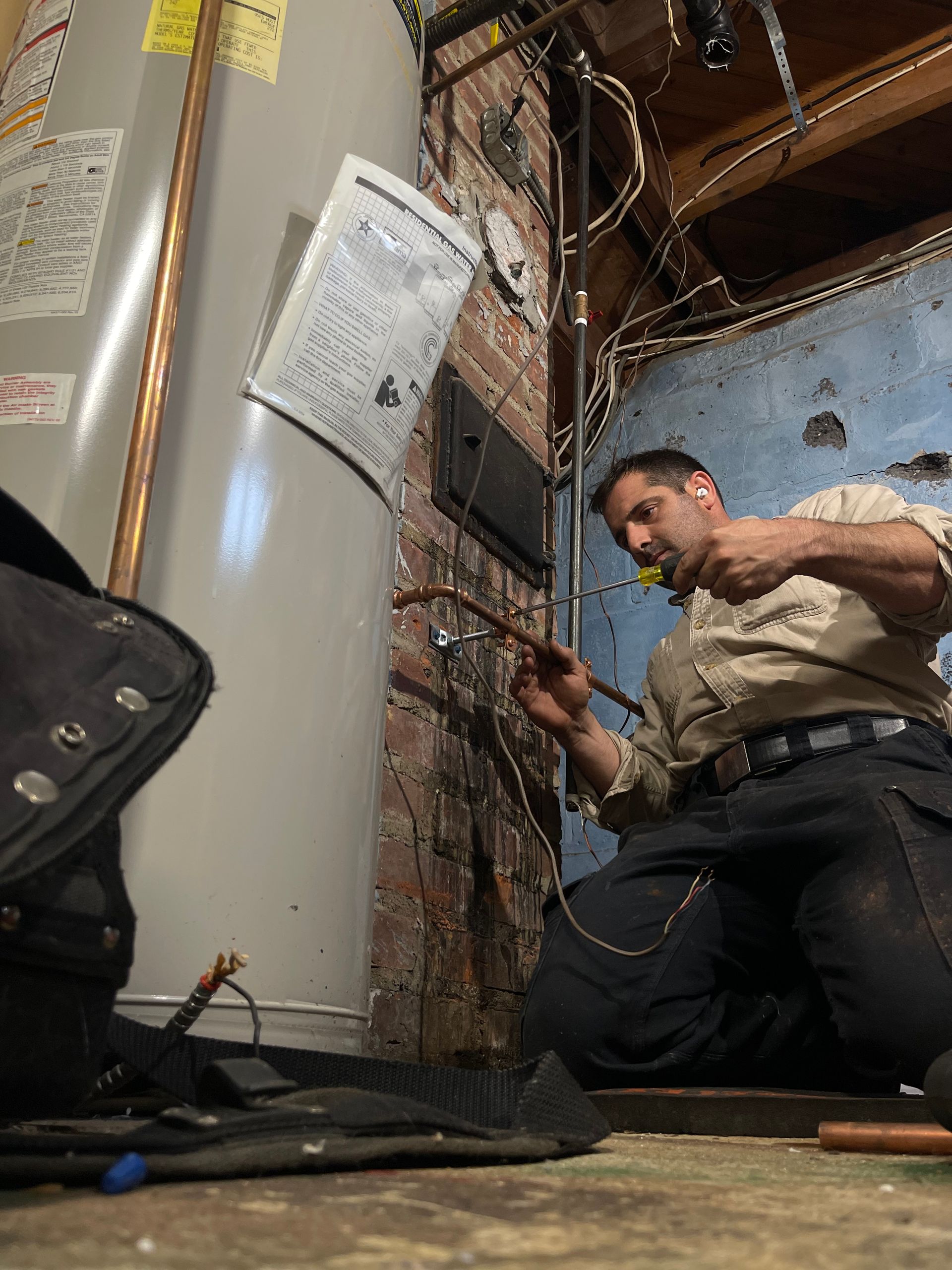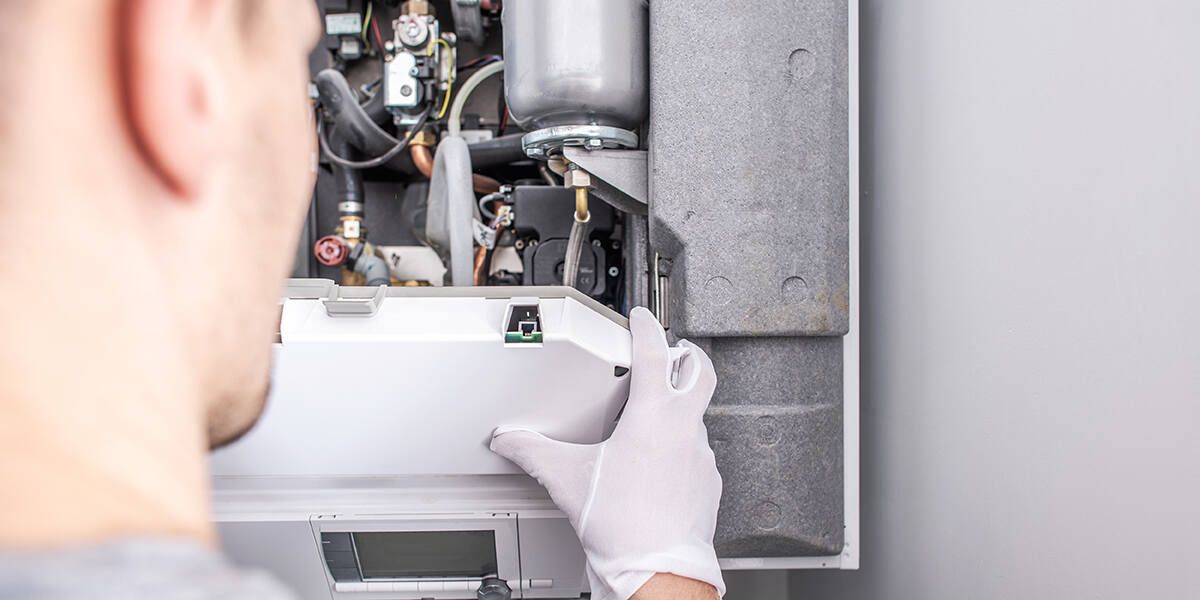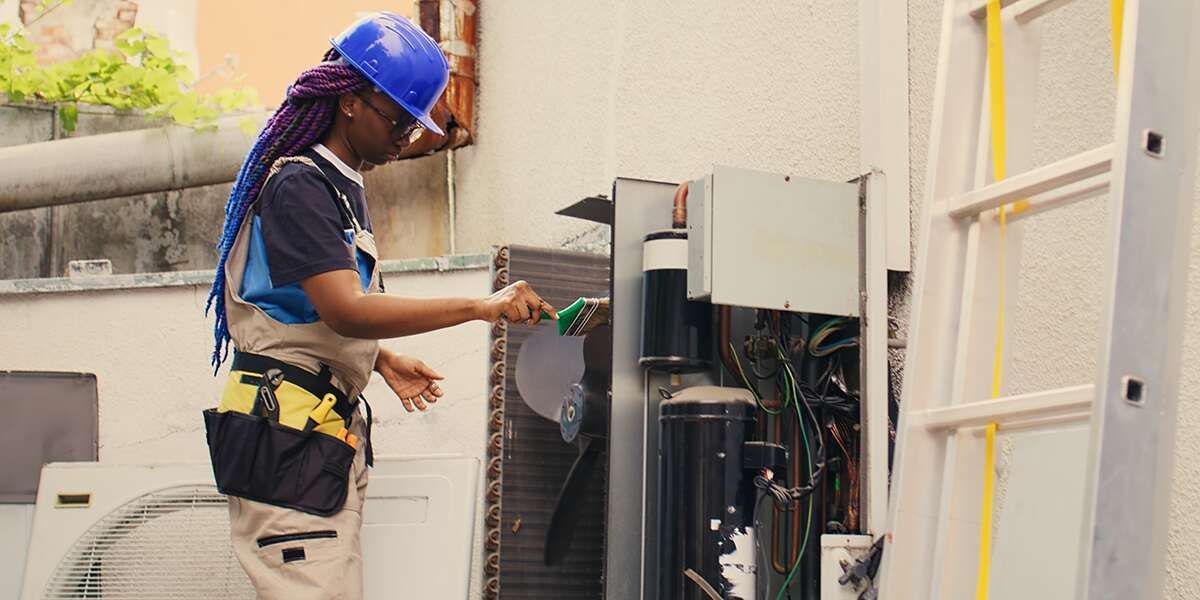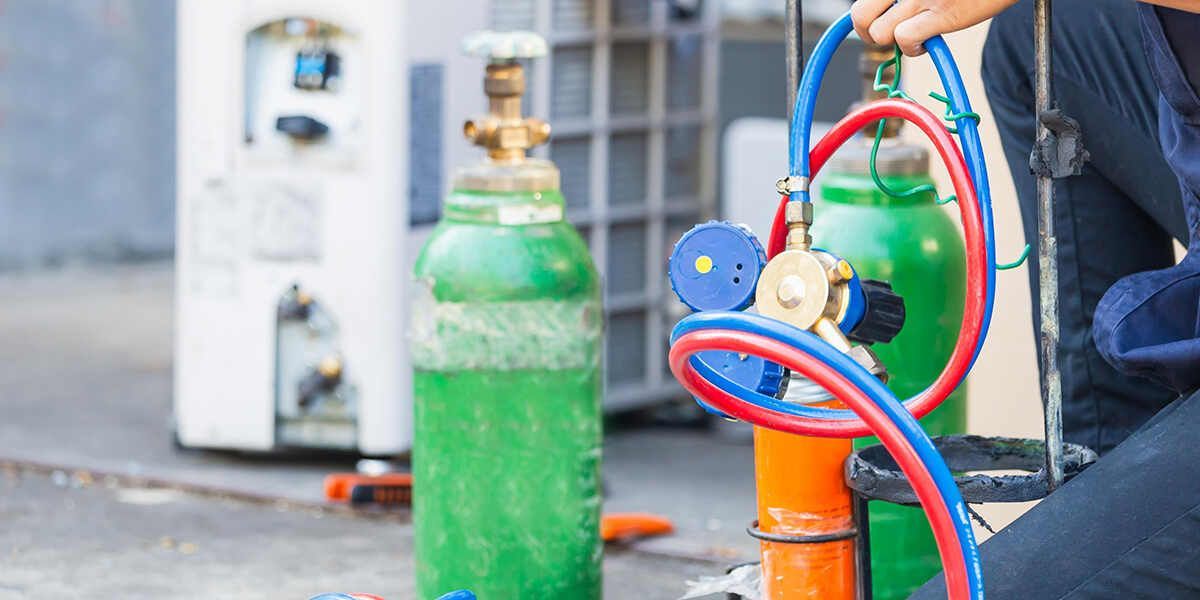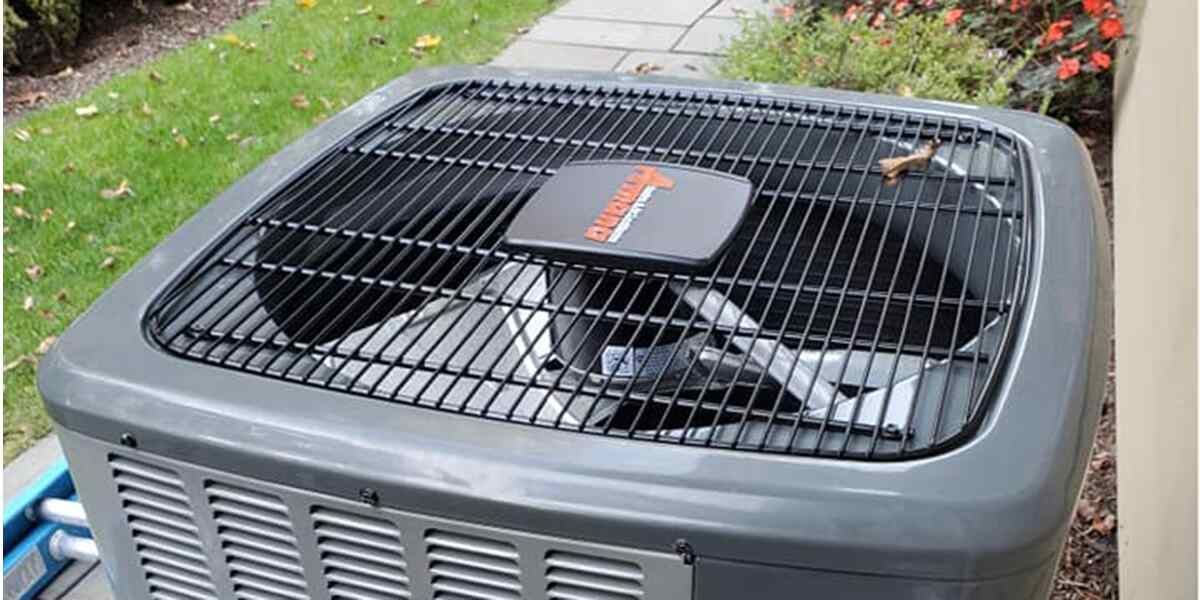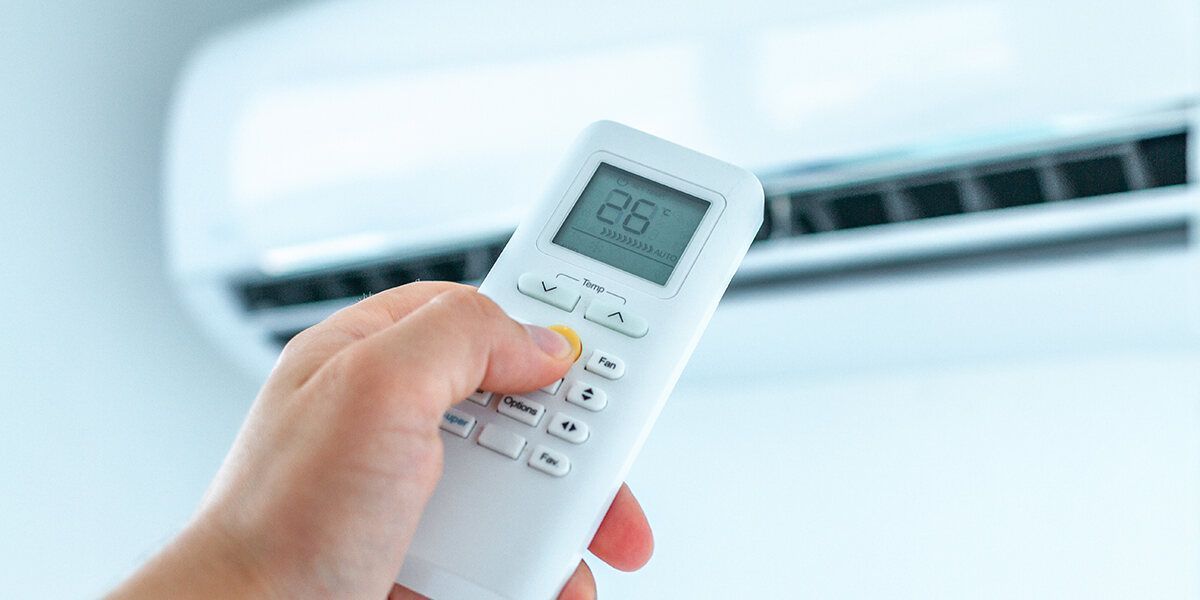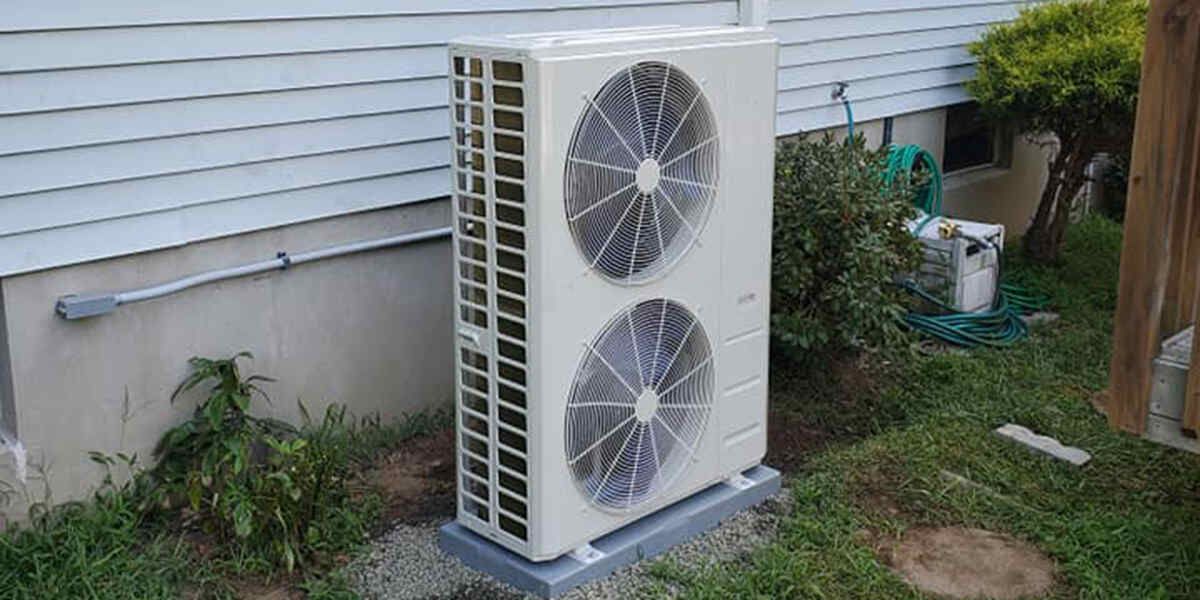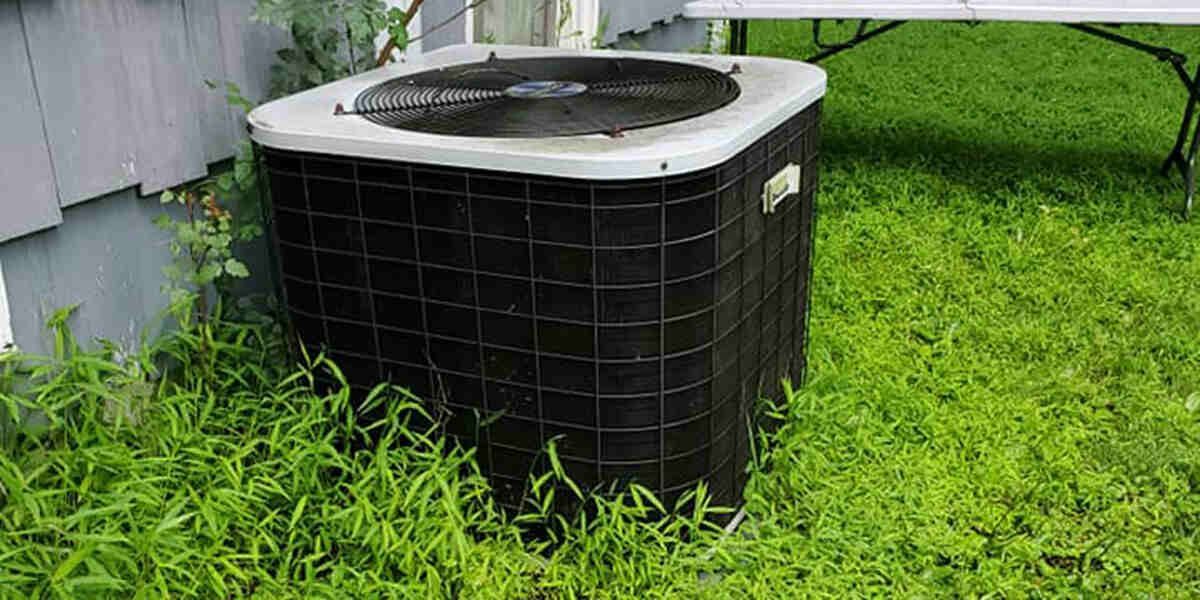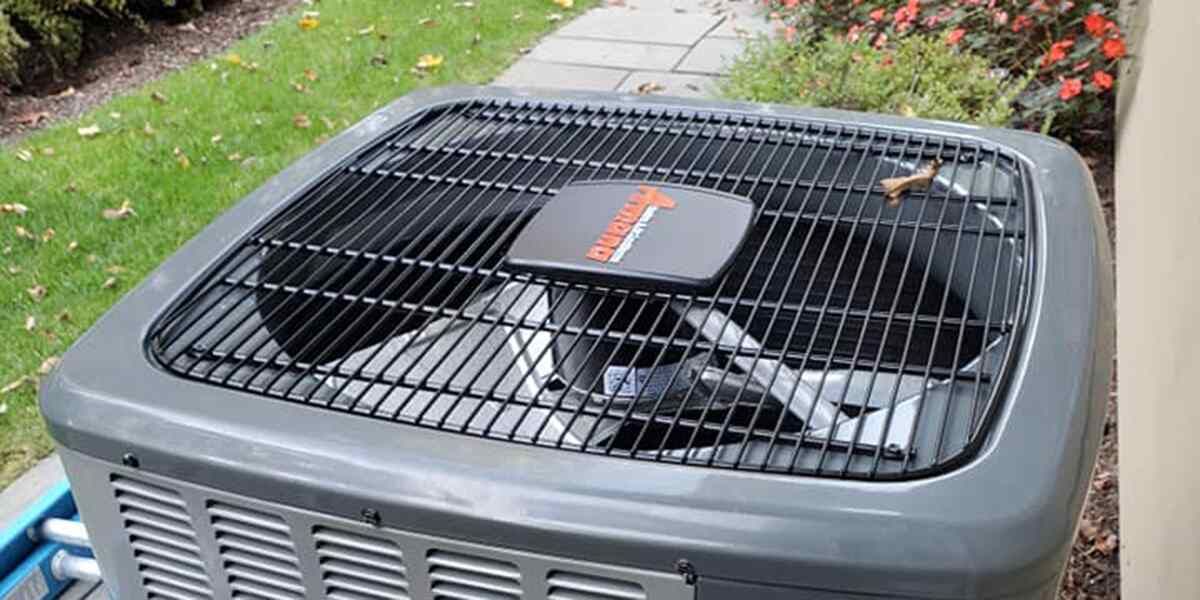COVID-19 and Your HVAC System: Everything You Need to Know
Comfort Specialists
Although COVID-19 has upended the world for a year, infecting 114 million people, it remains a mystery. Scientists are constantly uncovering new details about the virus, and with new variants emerging, everyone is racing to understand more about the highly contagious virus. While top public health agencies declared that COVID-19 was not airborne, this was corrected a few months later, affirming that the virus can indeed be transmitted via air.
The reason that masks are an essential part of preventing the virus’s spread is that it contains infected people’s respiratory droplets, which they expel when coughing, talking, or sneezing. If other people inhale or touch these droplets, they can catch the virus. As such, people wonder how far tiny coronavirus particles can travel, especially indoors. Here’s what you need to know about COVID-19 and how you can prepare your heating and air conditioning in Morris County, NJ:
The Move to Optimize Ventilation and Airflow Indoors
Many safety experts and building managers have recognized the threat that COVID-19 poses, especially in indoor areas. According to the United States Environmental Protection Agency (EPA), there is now more evidence that the
virus can remain in the air for much longer than expected and can travel further distances than initially estimated. It has also been confirmed that COVID-19 can spread through airborne particles in indoor environments even beyond the roughly 6-foot range recommended by social distancing guidelines. Thanks to this, many homeowners have taken several low-tech steps to improve indoor ventilation and airflow by changing their HVAC systems.
One of the many strategies that localities have taken to make their indoor spaces safer is to rearrange furniture, distribute people more spaciously in a room, and vary the airflow “corridor” that they may share. They have also preferred to open windows in buildings with rudimentary HVAC systems that cannot filter air, increasing ventilation. Building leaders and authorities have also instituted new seating arrangements, limited the number of people in a room, and replaced hand dryers with paper towels to control airflow.
HVAC systems can play a role in transmitting a virus. During the Severe Acute Respiratory Syndrome outbreak in 2002-2004, research has shown that
HVAC systems can spread viruses. However, changing the control settings and upgrading the system can reduce the risk of spread. Technicians can configure ducted HVAC systems to boost the rate of exchange with fresh outdoor air, reducing recirculation. They can also install modern, up-to-date air purification systems and airflow-control systems, optimizing airflows.
The Different Ways to Purify Your Air Through Your HVAC System
To minimize the risk of contracting COVID-19, you can take advantage of many different yet affordable technologies to purify your
indoor air. You can start with your HVAC system filters, such as the High-Efficiency Particulate Air (HEPA) filters, which are the most effective at removing small particles from indoor air. These usually aren’t too difficult to find and you can locate them online or at a local home goods store. You might even already have a HEPA filter-compatible vacuum at home.
An alternative to HEPA filters are Minimum Efficiency Reporting Value (MERV) filters to filter out large particles, ranging from 0.3 to 10.0 microns. MERV filters that rate at 17 or higher are comparable to HEPA filters, widening your choices.
It’s important to note that most HVAC systems in homes and commercial buildings use filters rated 12 or lower. Some air conditioners can use HEPA filters, so you may want to have an HVAC specialist inspect your system to determine its compatibility and configure them accordingly. Once you have a HEPA or MERV 17 filter installed, be sure to replace them regularly to maintain its efficiency and the cleanliness of your indoor air.
Managing In-Room Airflow
Scientists and researchers are still studying how COVID-19 travels and transmits through the air, with evidence suggesting that changing indoor airflow patterns can help reduce transmission. For instance, it will help ensure a slow, stable airspeed and direct potentially infected air away from people and out of rooms. Turbulent airflow is discouraged since it sends air particles in many different directions, so safety experts encourage a consistent, vertical airflow that moves in a straight path. Many hospitals adhere to this practice by using ventilation systems that propel air from the ceiling to the floor, emphasizing laminar flow.
It’s important to note that creating laminar air flows involves more than configuring your HVAC settings; your home must have enough air outlets to support this. Luckily, technicians can add more outlets in a room and even replace outlet covers with ones that produce laminar flows.
Managing Inter-Room Airflow
Meanwhile, you may want to control the flow of potentially contaminated air in one of your rooms and ensure it doesn’t spread to other areas of your home. For you to do this, you’ll need to call a technician who will study how air moves through your rooms before upgrading your HVAC system. They may conduct a blower-door test, which involves generating controlled pressure in a room then tracking the flow and leakage to other rooms. Technicians can also install air curtains, which will seal gaps in suspended ceilings.
Conclusion
Now that vaccine distribution is well underway, more people are protected and equipped to fight the virus. Still, it helps to configure your HVAC system to make sure that it doesn’t contribute to COVID-19’s spread, as it has proven to play a role in infecting other people through respiratory droplets. Upgrading your HVAC system and optimizing it will also improve the quality of indoor air in your home by continually ensuring a supply of fresh air, keeping your living spaces well-ventilated.
If you’re looking to service your
HVAC in Hunterdon County, NJ, let us know at Comfort Specialist Services! We are the oil
heating specialists of North Jersey, making us the one to call if you have a broken heater or air conditioner preventing you from living comfortably. With over a decade of experience and thousands of successfully completed jobs, our team of expert technicians can handle all your heating,
air conditioning, and
electrical problems. Contact us today to get your HVAC system back up and running again!



